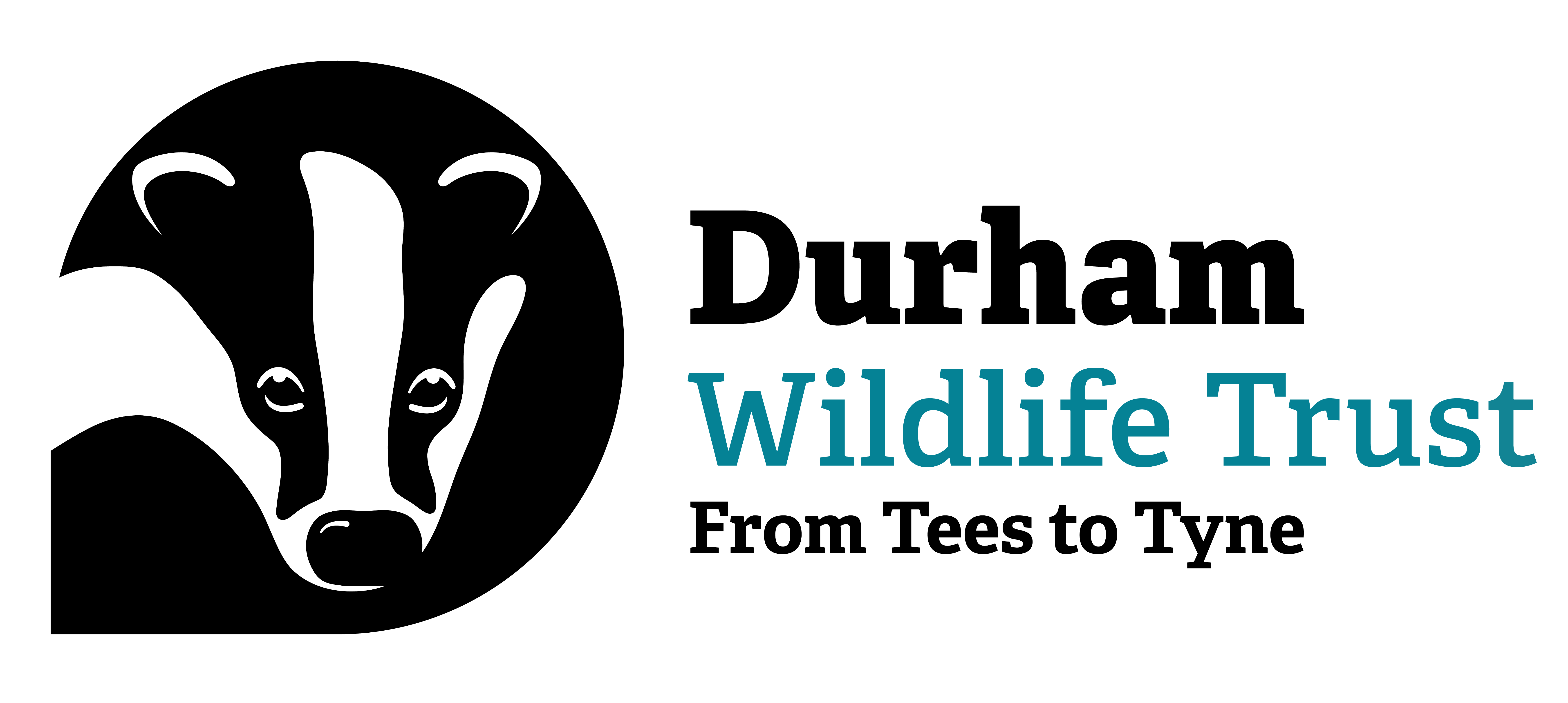Durham Wildlife Trust is working with Trusts in Cumbria, Yorkshire, Lancashire and Northumberland to restore a huge swathe of peat bog across the north of England. The Great North Bog project aims to put over 4,000 hectares of upland peatland under restoration management, with estimated annual savings in carbon emissions of at least 8,590 tonnes of carbon dioxide per hectare, per year. Funding will scale up the project, to include:
- developing up to 15 new restoration plans
- marketing peatland restoration to private investors
- conducting long-term monitoring over 20 years with techniques and equipment developed by the IUCN UK Peatland Programme and University of Manchester
The projects, which will help the UK achieve its ambition of reaching net zero carbon emissions by 2050, are able to move forward thanks to almost £2 million in funding raised by players of People’s Postcode Lottery.
In other areas, new seagrass habitats will be planted in the Solent, fragmented woodlands will be restored and connected throughout Derbyshire, habitat features to protect temperature-sensitive chalk grassland butterflies in Bedfordshire will be created, and support will be given to a pioneering project to rewild a kelp forest off the Sussex coast.
As the UK gears up to hosting the UN climate conference COP 26 in November, The Wildlife Trusts – a movement of 46 nature charities – are delivering on-the-ground solutions to ensure the UK plays its part in tackling the interlinked climate and nature crises.
The restoration of the natural world is fundamental to realising the ambition to restrict global temperature rise to below 1.5 degrees Celsius.
